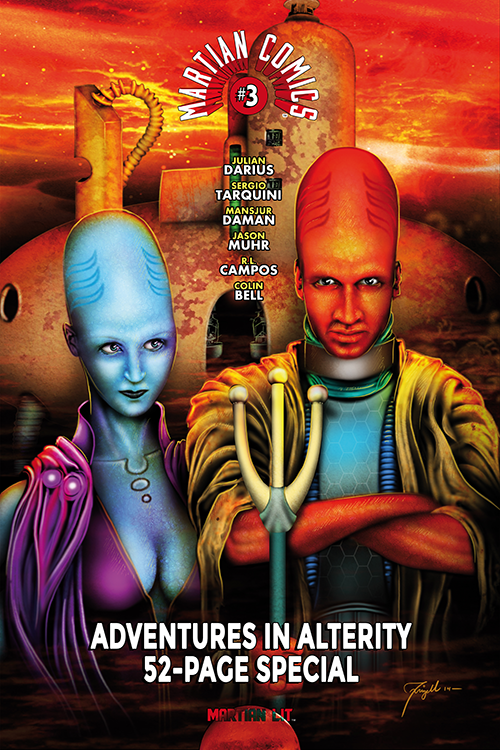
Just two weeks ago, the online English-language French news site The Local reported on a new “series of death threats” aimed at the offices of Charlie Hebdo via their Facebook page. The French satirical magazine made worldwide headlines when nine of its editorial staff were killed in 2015 in a terrorist attack spurred on by their portrayal of the Islamic Prophet Muhammad. Sacred & Sequential explored this event in previous posts.
These latest threats, though, serve not only as reminders of an ongoing peril but also highlight the more recent content from Charlie Hebdo, including the disturbing cartoon of Aylan Kurdi, the drowned Syrian boy, growing up to be a lech (also covered by The Local). Has Charlie Hebdo remained on task and undeterred by their tragedy or, conversely, are they continuing to engage in objectionable, detestable cartooning?
Queen Raina of Jordan had her own response to Charlie Hebdo‘s depiction of Aylan:
Aylan could've been a doctor, a teacher, a loving parent…
Thanks @osamacartoons for sketching my thoughts pic.twitter.com/M2z4Z3mJe0
— Rania Al Abdullah (@QueenRania) January 15, 2016


 On Monday, the Comics Alternative podcast hosted
On Monday, the Comics Alternative podcast hosted 
